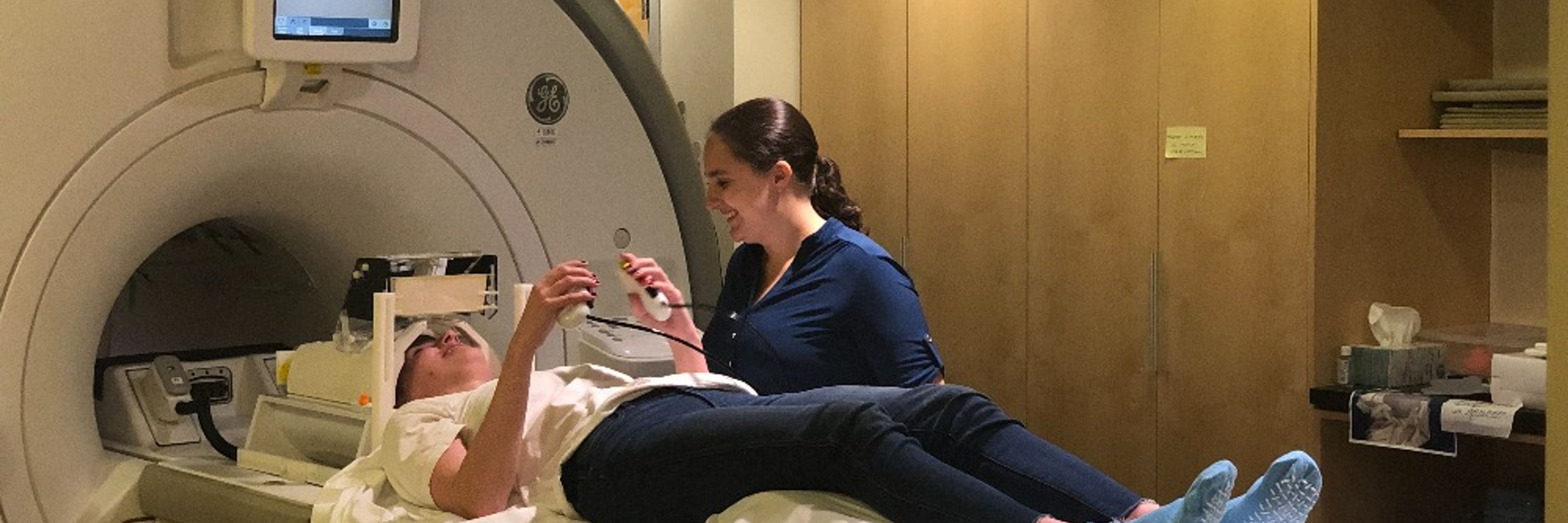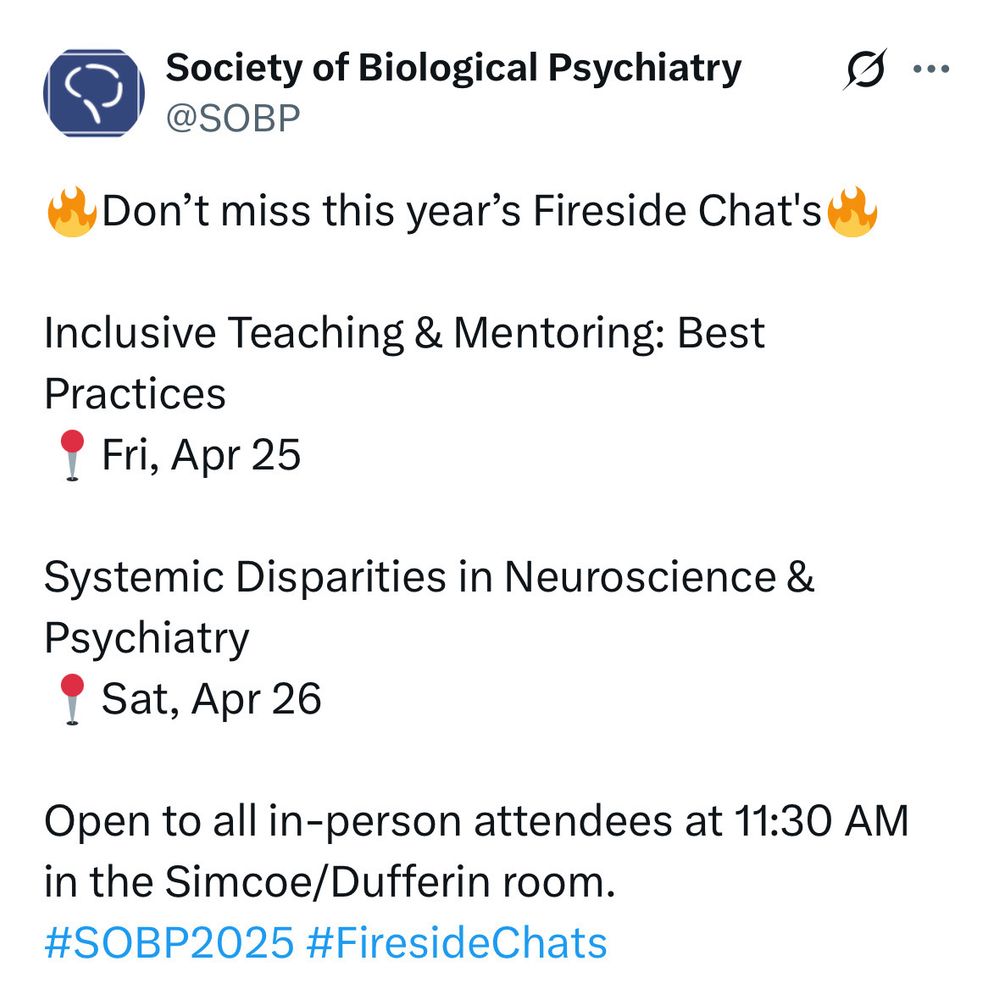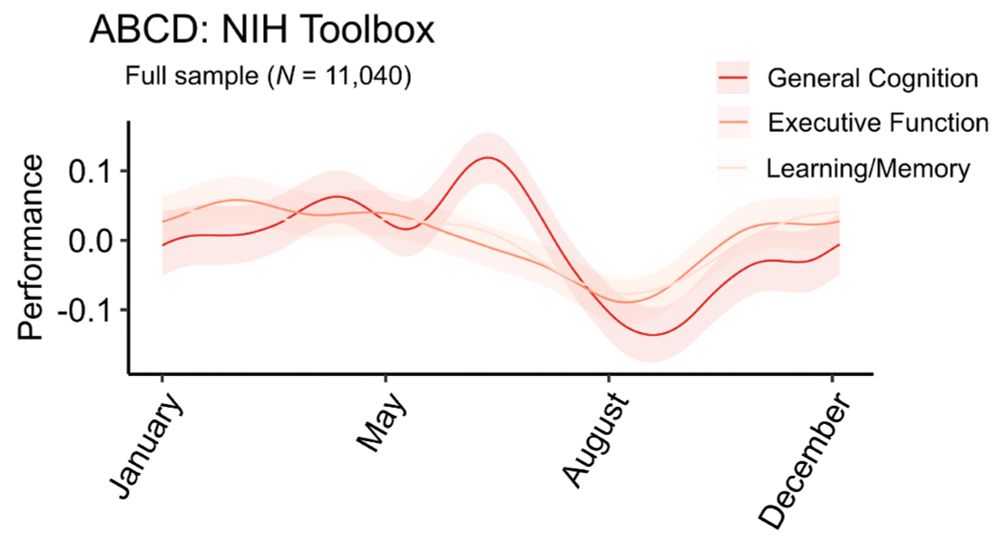
arielleskeller.wixsite.com/attention
appliedcognitionlab.psychology.uconn.edu
opinions my own






tinyurl.com/exposomeTopography

tinyurl.com/exposomeTopography
tinyurl.com/exposomeReview

tinyurl.com/exposomeReview
tinyurl.com/exposomeConnectivity
#neuroskyence #PsychSciSky #DevPsy #cognition
*can this be a thing??

tinyurl.com/exposomeConnectivity
#neuroskyence #PsychSciSky #DevPsy #cognition
*can this be a thing??
@lucinauddin.bsky.social @dbarch.bsky.social @tervoclemmensb.bsky.social @fluxsociety.bsky.social


@lucinauddin.bsky.social @dbarch.bsky.social @tervoclemmensb.bsky.social @fluxsociety.bsky.social


don't miss out on this year's awesome Fireside Chats! 🧠🎉🍁
#neuroskyence #psychology #ClinicalPsych #psychiatry
#psychiatryresearch

don't miss out on this year's awesome Fireside Chats! 🧠🎉🍁
#neuroskyence #psychology #ClinicalPsych #psychiatry
#psychiatryresearch







#PsychSciSky #CogPsyc #CogDev #devpsy #CogSci
Thread /1

#PsychSciSky #CogPsyc #CogDev #devpsy #CogSci
Thread /1





